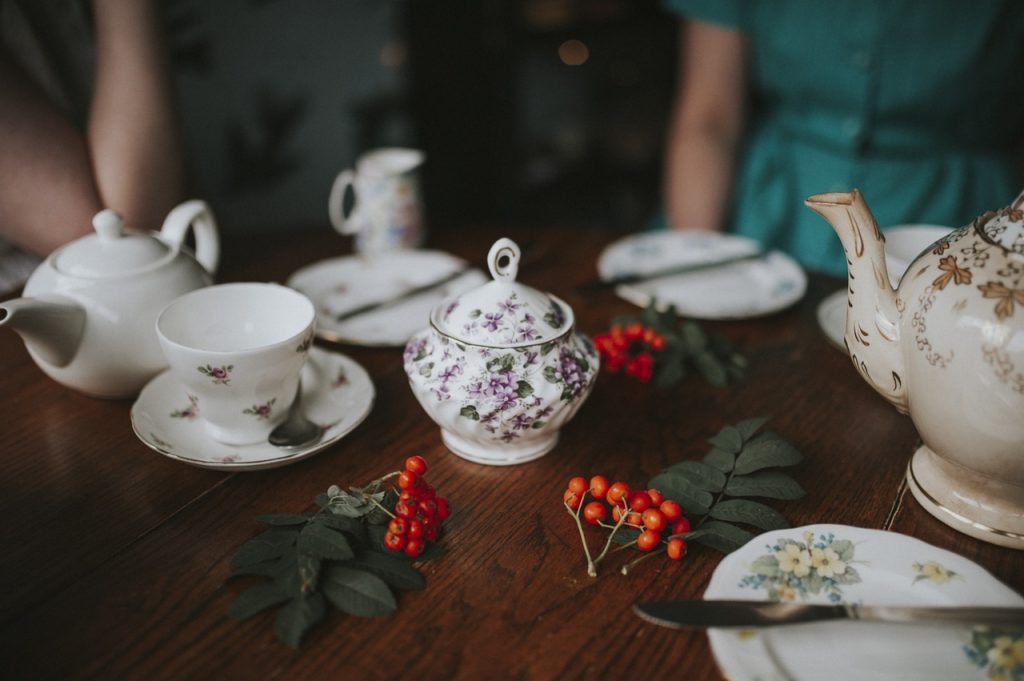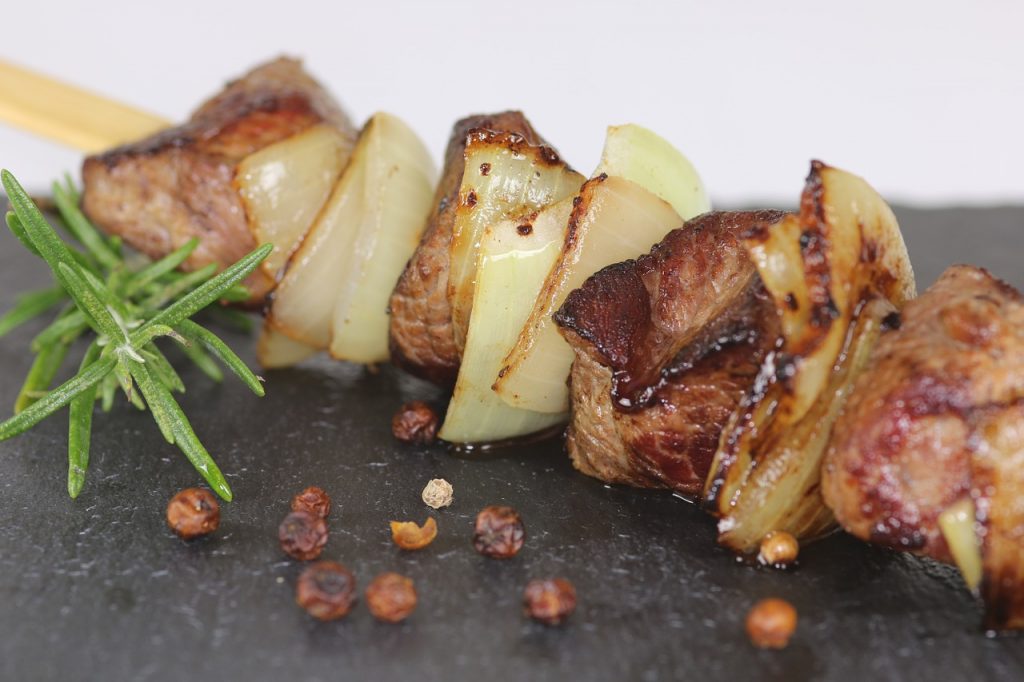What Do Russians Like Doing? Posted by Maria on Apr 27, 2017 in Culture, Russian life, when in Russia
There may be some (or extensive) coverage of Russian politics, society, and economy in the media, but what do ordinary Russians like doing for fun? Does anything bring joy to their lives, or is it all drudgery, as one may think after reading the grim coverage? Naturally, every Russian would have a slightly different answer, but here are some commonalities I’ve observed or experienced first-hand.
Гулять
Гулять is the word for walking, specifically for pleasure. A walk is прогулка. Walking for exercise or out of necessity is ходить пешком. With Russian midsize and large cities being overall fairly walkable, going on walks with your friends is one of Russians’ favorite pastimes. People stroll through parks, stop to get a snack or an ice cream or to sit down on a bench for a chat. It’s a free and healthy way of spending time together.
Ходить в гости
Ходить в гости could roughly be translated as “to visit friends, to go to your friends’ house.” How is this different from a party (вечеринка)? Russian visits tend to be very hands-on, meaning that the hosts usually prepare food and entertainment for the guests, and the guests contribute dessert or a bottle of wine. Of course, the degree of formality may vary. What’s common is the hosts’ attention to their guests, unlike at the less-structured parties — at least in the US, where I’m based — where guests often come and go and provide their own food and entertainment.
Пить чай
Anyone who has visited Russian friends will recognize this one. Tea (чай) is an indispensable part of Russian daily life. Tea is offered on its own, with a meal, with dessert, to start your day, to finish a holiday feast, and so on and so forth. Tea is certainly a ritual and is not usually consumed on the run.
Most families have a kettle (чайник) to boil water for the tea; microwaving water is unusual. Some will have an additional small ceramic kettle (заварочный чайник) with strongly brewed tea (заварка), which is then mixed with hot water to achieve the desired concentration. That little kettle is what you see on top of the samovar (самовар).
Шашлыки
Шашлыки is another ritual centered around food. Шашлык is literally a shashlik or a shish kebab, but шашлыки can refer to the whole event/experience. In that case, you could say “ехать на шашлыки.” The dish is basically skewered marinated meat cooked over an open fire. It can be pork (свинина), beef (говядина), or lamb (баранина).
Many people will have a whole cookout, where they prepare the meat the night before, drive out to the woods (or their dacha), build a fire (костёр), cook the meat, have a picnic, and sing around the campfire.
Дача
Going to your дача (dacha, country house) is another popular pastime. Some people go there for a few days in the summer, while others may spend entire months living and growing food there. Dachas offer a home away from home for busy city dwellers. I am one of the rare Russians whose family did not have one, but my grandparents had a garden/orchard (сад), where we’d all go to help grow and pick berries (ягоды) and vegetables (овощи).
Which of these have you done or do you enjoy doing? What would you put on your list?

Build vocabulary, practice pronunciation, and more with Transparent Language Online. Available anytime, anywhere, on any device.







Comments:
Sue:
Yes, I stayed in Russia for over a year and I did all of those things. Fun!
Maria:
@Sue Sue, awesome; you did more than I did then!
Paul Cleland:
I wish we in the US could concentrate more on the beauty of Russian culture and the features we have in common, rather than the artificial points of conflict constructed by our political leaders. We have so much in common. It’s really a shame we can’t be closer and real friends. It would be a wonderful thing to have Russia as a real and trusted friend. Maybe sometime.
Maria:
@Paul Cleland Paul, very true; and this probably applies to any nation/group of people.